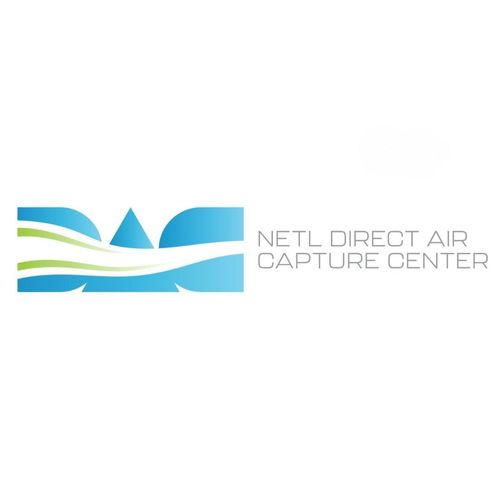NETL Direct Air Capture Center Begins Testing, Seeks Partnerships

June 11, 2024
BY National Energy Technology Laboratory
Advertisement
Advertisement
Related Stories
California Resources Corporation and its carbon management business, Carbon TerraVault (CTV), announced the signing of a Memorandum of Understanding (MOU) with National Cement Company of California Inc. to provide carbon management services for the “Lebec Net Zero” - a first-of-its-kind initiative to produce carbon-neutral cement at National Cement’s facility in California.
Baker Hughes, Frontier Infrastructure Announce Partnership to Accelerate Development of CCS, Data Center Projects in the U.S.
Baker Hughes and Frontier Infrastructure announced a strategic partnership to accelerate the deployment of large-scale carbon capture and storage (CCS) and power solutions in the U.S. As part of the agreement, Baker Hughes will provide innovative technologies and resources in support of the development of large-scale CCS, power generation, and data center projects.
ORLEN, in partnership with Norway’s Equinor will explore opportunities within Carbon Capture & Storage (CCS) technology. The management boards of both companies have just signed a collaboration agreement, its scope covering the transport and storage of carbon dioxide (CO₂) in Poland. The solution will reduce CO₂ emissions into the atmosphere, supporting the decarbonization of industry.
MODEC, Inc. has entered into a Front End Engineering and Design (FEED) contract with SAMSUNG E&A for an offshore carbon capture pilot project, selecting Carbon Clean’s modular CycloneCC technology. The study envisages the installation of a carbon capture module on a MODEC Floating, Production, Storage and Offloading vessel as a pilot.
CarbonQuest announced that it closed its $20 million funding round, led by Riverbend Energy Group, with additional funding from two institutional investors. The company built on its 2024 fundraise, securing new capital from Energy Capital Ventures (ECV) and Aligned Climate Capital to add to the capital raised with Riverbend Energy Group.





